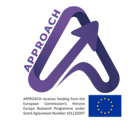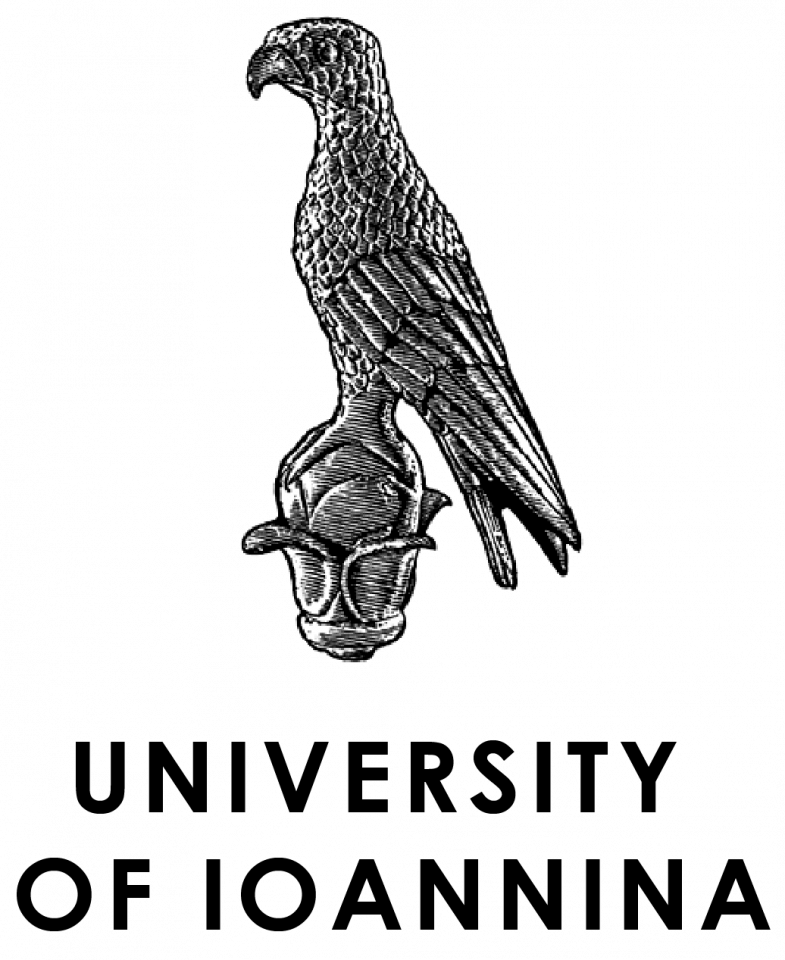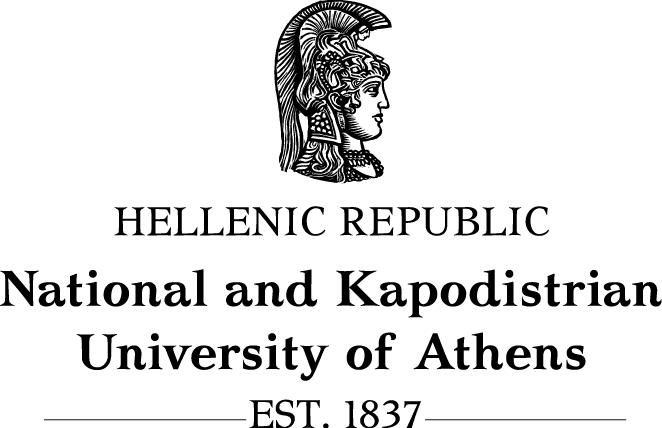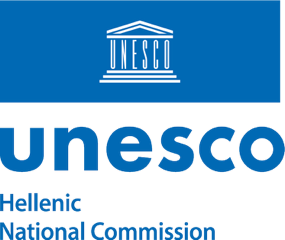
Workshop 2025
Research Ethics and Epistemology
The ethics and epistemology of research practices is a fast evolving interdisciplinary field of study that spans a wide range of disciplines and has the potential to shape research practices across the entirety of the scientific spectrum. Codifying good research practices, understanding the conditions that lead to unreliable scientific outcomes, addressing the so-called reproducibility crisis, enhancing public trust in science, promoting the responsible communication of results, and shaping open science in a fair and efficient manner are only a few of the issues that need to be urgently addressed in this context.
This workshop aims to provide researchers and academics with an overview of these and related topics, and to explore critical questions at the intersection of ethics, epistemology, philosophy of science, and beyond—including the nature of epistemic responsibility, the conditions under which beliefs and research outcomes may be considered justified or trustworthy, and the societal impacts of epistemic practices such as open science.
Running parallel to the main conference from 27-29 November, this workshop is designed to encourage focused engagement with these critical issues through a blend of interactive formats, including expert talks, engaging seminars, and roundtable discussions. By fostering dialogue among scholars from diverse epistemological backgrounds, the workshop will facilitate deeper insights into the ethical foundations and epistemic responsibilities inherent in the pursuit of reliable, transparent, and socially accountable research.
Contributors
- J. Adam Carter: Professor of Philosophy, Co-Director: Cogito Epistemology Research Centre, University of Glasgow.
- Vincent C. Müller, A. v. Humboldt Professor, “Philosophy and Ethics of AI”
Director, Centre for Philosophy and AI Research (PAIR), Friedrich-Alexander-University Erlangen-Nürnberg (FAU). - Panagiotis Kavouras, Researcher, Centre for Medical Ethics, University of Oslo & HEAL-Link Office, Library & Information Center, Aristotle University of Thessaloniki. Thessaloniki, Greece.
- Anastasia Siapka, Research Fellow at the KU Leuven Centre for IT & IP Law and Affiliated Researcher at the Autonomy Institute in London
- Orestis Palermos: Assistant Professor of Contemporary Philosophy, University of Ioannina
- More to be announced soon!






